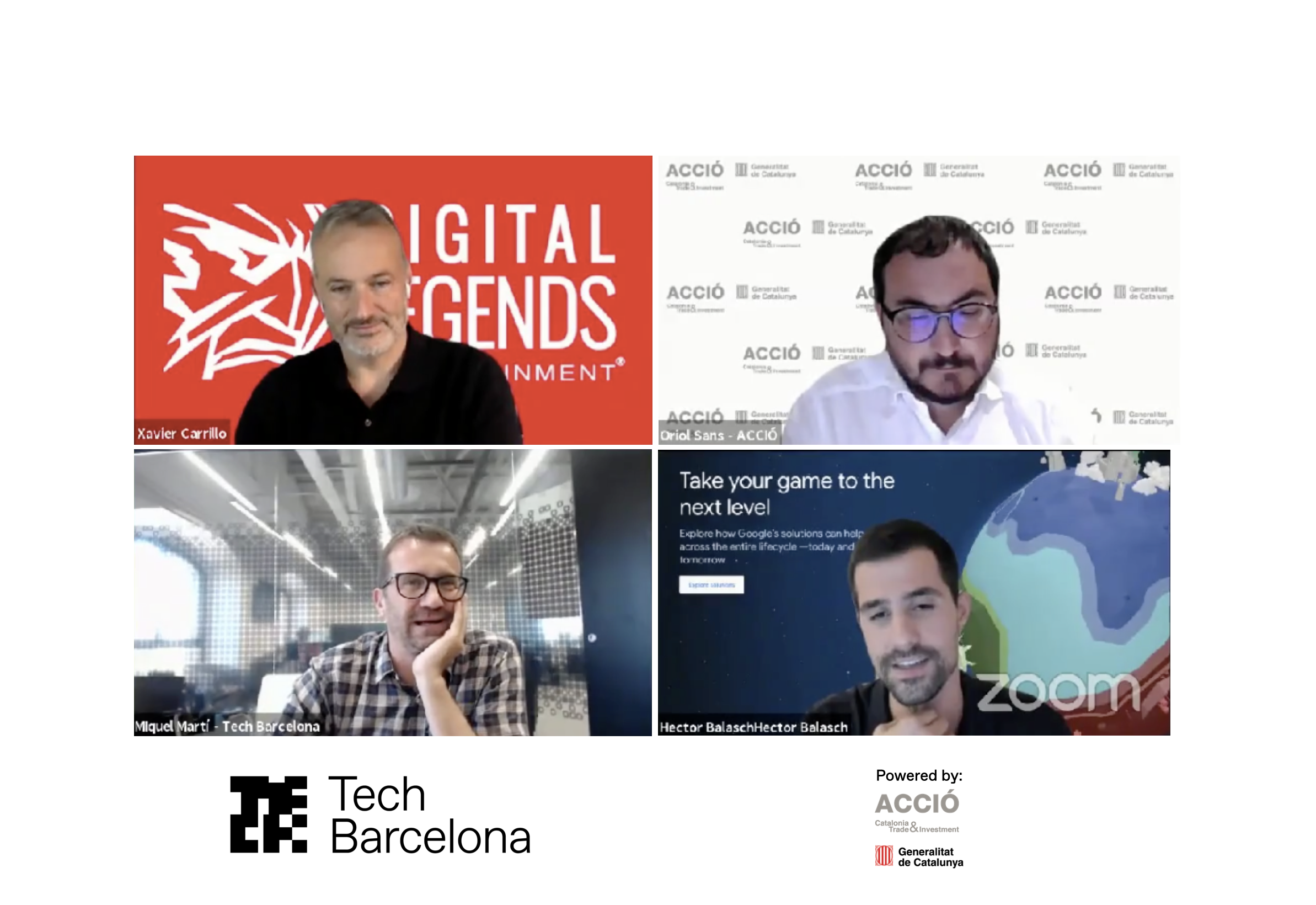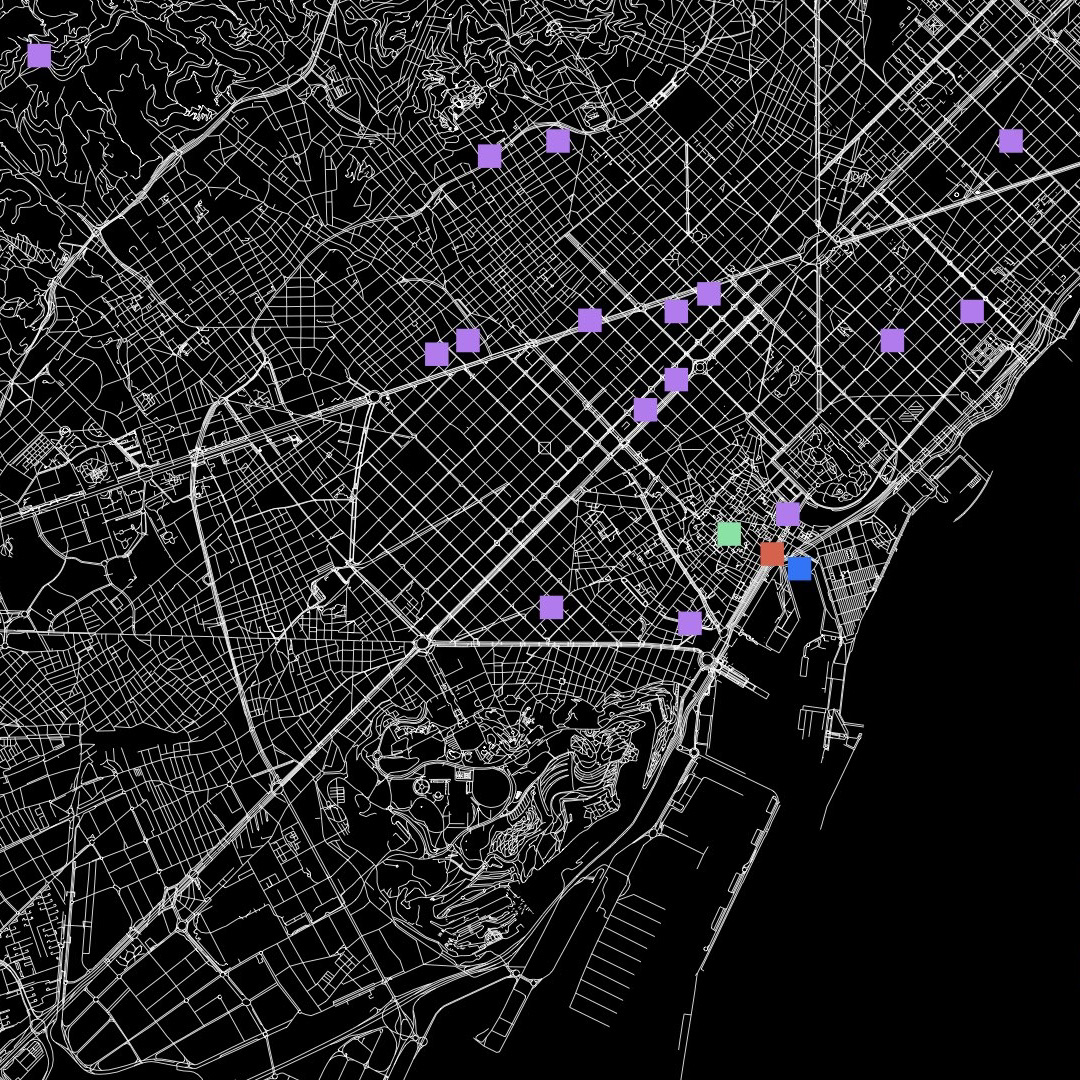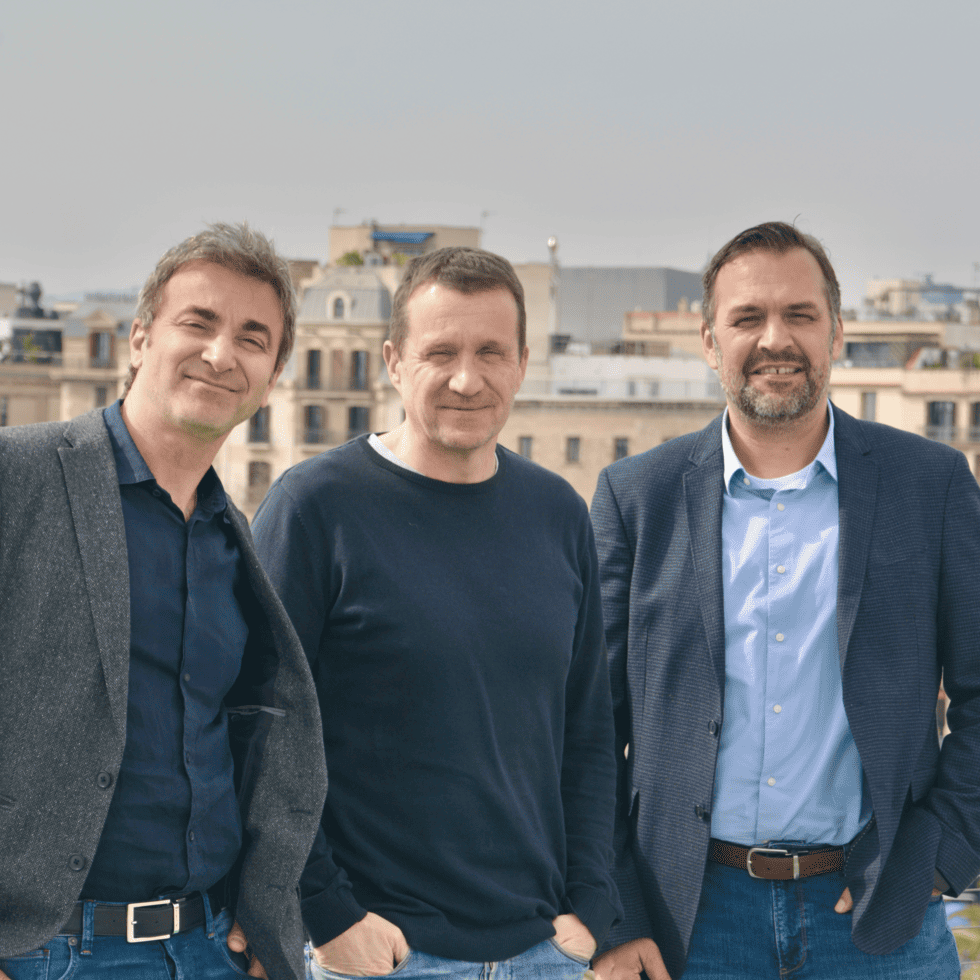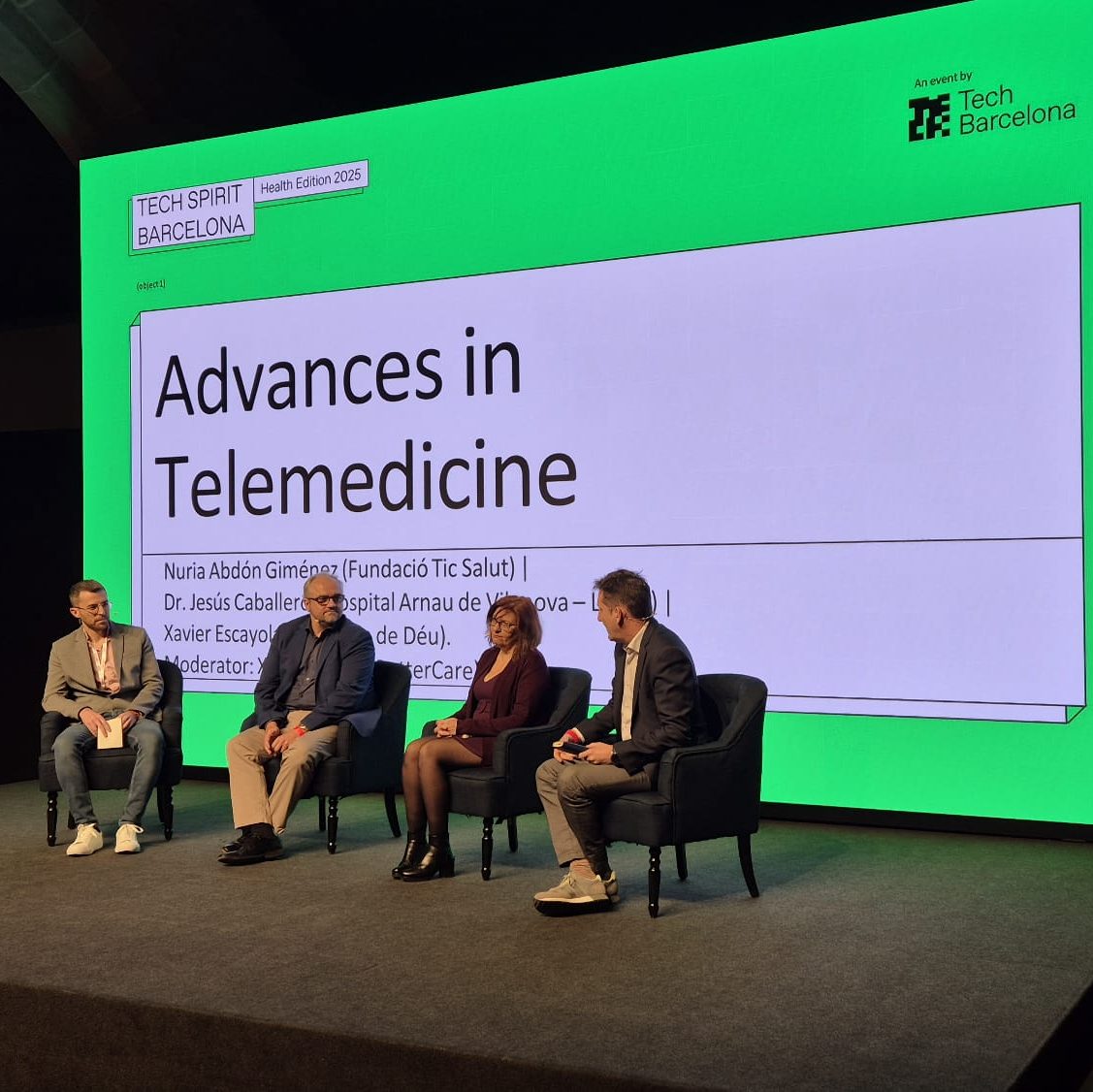Noticias
“Barcelona can become even more of a world reference in video games”

Session: Challenges, trends and opportunities in the Gaming sector – By Acció
14.7.2021
Speakers:
Xavier Carrillo: Founder and CEO of Digital Legends with more than 25 years in the video game industry. In 2008 he participated in the first keynote presentation of the iPhone with Steve Jobs. He presides the association of Video Game Developers and Publishers of Catalonia, Devicat.
Héctor Balasch: 10 years at Google, first in Ireland, then in California. Currently based in Singapore, he leads strategy, operations and sales for Google’s mobile gaming division in Asia-Pacific.
Presenter: Oriol Sans, senior manager Startups, Acció
Moderator: Miquel Martí, CEO Tech Barcelona
Take aways:
- Barcelona can become even more of a world reference, or it can explode. Care must be taken: we have to open up the ecosystem in the territory and avoid gentrification, or we run the risk of no longer being competitive.
- Teams must combine creators with business-minded managers.
- The smarthphones took gaming out of the niche and the new generations have turned it into one of the great leisure and business options for which the big technology companies are competing.
Catalan Ecosystem
In Catalonia there are 121 development companies and more than 3,000 professionals, representing 46% of the Spanish market. In terms of wealth generated, there are more than billions of dollars and hundreds of millions of users. The ecosystem has been one of the keys for Catalonia to currently host a good collection of companies and multinationals in the gaming sector.
In the early 2000s the first companies appeared, almost as personal initiatives, such as Novorama or Microjocs, later acquired by Digital Chocolate. The second generation arrived with the success of SocialPoint (created in 2008) and more recently the Asian companies Smilegate and IGG and the American Scopely have landed in Barcelona.
In the words of Xavier Carrillo, “our ecosystem must be cared for because it can become a benchmark. We must distribute throughout the territory and avoid gentrification, we have quality of life and distributed talent. Without going any further, the Swedish Paradox has recently installed in Sitges and this is great news. ”
Democratization of gaming
At the beginning of the 20th century, gaming was a niche market. Atari, Super Nintendo and the first Play Station created a first generation of video game lovers, but the sector took on a global dimension with smartphones, the great democratizers. This paradigm shift did not go unnoticed by the technology giants, aware of the opportunity of everyone having a game console in their pocket.
“Gaming doesn’t compete with gaming, it competes with all the other options we have when we’re not sleeping, working or eating,” says Hèctor Balasch. This means Netflix, or any other entertainment proposal. This vision of video games as a leisure alternative is consolidated in Asia, and while other sectors are focused on the Western world, the center of gravity of gaming is installed in China, Japan and Korea. For this reason, Google is very aware of this market and is already the third largest gaming company in the world.
Local content for the global market
Only in Asia the differences between regions are very noticeable, each country has its own preferences in terms of experience. In China they are hardcore gaming, games that come from the PC or console. In Japan, text works better than images. In India, sporadic mobile games like Candy Crush are popular. Each market is different, and these peculiarities are obstacles to developing a game on a global scale.
“You have to make games that don’t clash with the cultural sensibilities of the markets. If you have quality games and a story that makes a difference, the advantage of the digital world is that you can be global and sell all over the world, says Xavier Carrillo. He adds: “It’s difficult, but not impossible. Merlí or La casa de papel have achieved it with Netflix “.
“The Chinese are very clear about the 996 work culture (9h to 21h, 6 days / week), it is not an optimal model, but in the digital environment, it is against whom we compete,” warns Hector Balasch. According to him, “we have to see how to be just as decisive with our own model. Creating quality talent and measures to attract companies; apart from the knot that ties ecosystem, such as Tech Barcelona”.
According to the speakers, we must integrate the sensitivity of the countries and have a business vision to generate revenue beyond the launch. Unlike twenty years ago, today everyone knows that video games generate money and this fact attracts new players and large technology groups to the ecosystem.


